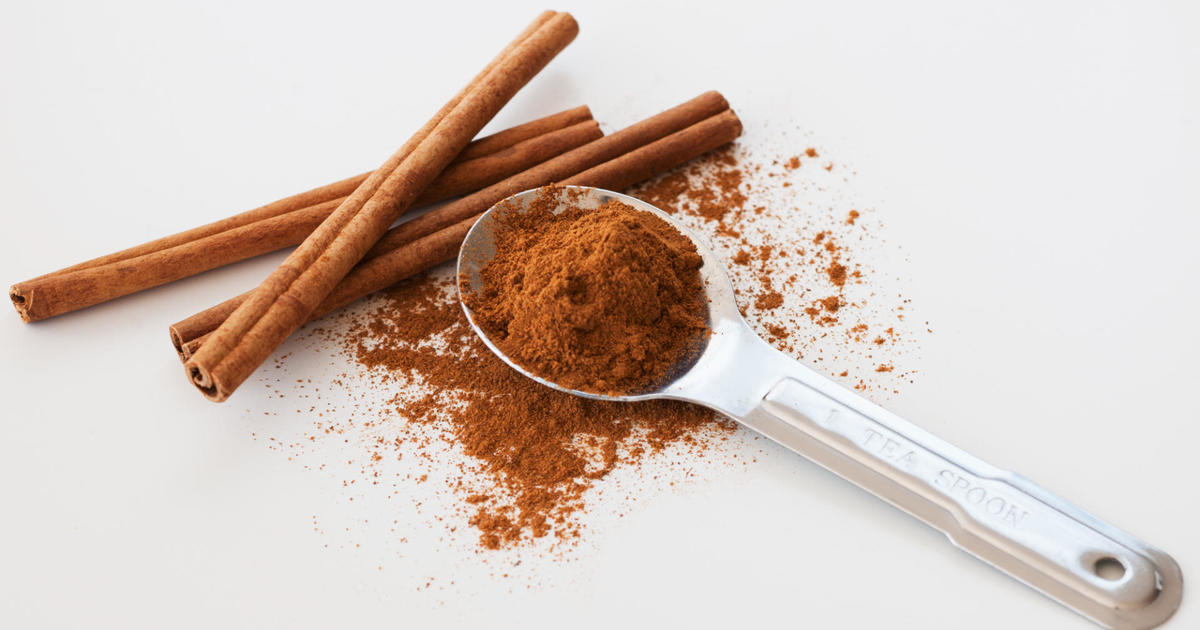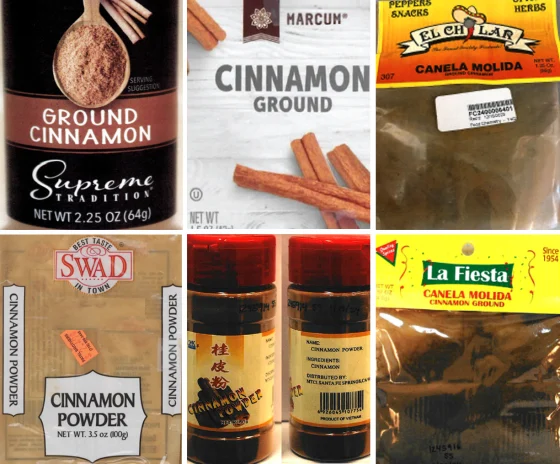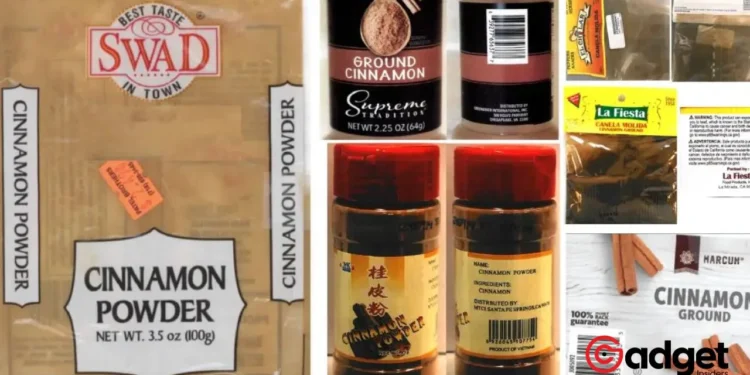In a startling announcement that has sent ripples through households and grocery aisles alike, the U.S. Food and Drug Administration (FDA) has issued a public health alert concerning elevated levels of lead in several ground cinnamon products. This warning comes on the heels of nationwide recalls of lead-contaminated applesauce, which have been linked to hundreds of poisonings, primarily affecting young children.
With the safety of our little ones in jeopardy, the discovery underscores the urgent need for vigilance when it comes to the foods and spices we often take for granted.
A Closer Look at the Culprits
After a targeted survey, the FDA pinpointed six brands harboring dangerous levels of lead and chromium. These include:
- La Fiesta, available at La Superior and SuperMercados
- Marcum, found at Save A Lot
- MTCI, sold in SF Supermarket
- Swad, retailed at Patel Brothers
- Supreme Tradition, carried by Dollar Tree and Family Dollar
- El Chilar, offered at La Joya Morelense
The discovery of these contaminated spices prompts a critical examination of our food sources and the importance of stringent quality control measures. Among the listed brands, the presence of lead is not only alarming but a clarion call to action for both consumers and regulators.

FDA: The Response from Companies and Regulators
In response to the FDA’s findings, several of the implicated companies have initiated recalls to mitigate the risk to consumers. Among them, Colonna Brothers and El Chilar Rodriguez have taken significant steps by recalling their ground cinnamon products and ceasing the distribution of all cinnamon in Colonna’s case.
These actions, while commendable, highlight the broader challenge of ensuring food safety in an era where global supply chains can often obscure the origins and handling of products.

Furthermore, the FDA’s advisory sheds light on the regulatory hurdles faced in safeguarding public health.
“If we know that a food is making people sick, the FDA should be able to tell the company behind it to recall that product, rather than asking and waiting to see whether the company complies,” U.S. PIRG Education Fund’s Consumer Watchdog Teresa Murray stated.
FDA says to throw away these 6 cinnamon products because they contain high levels of lead. https://t.co/tLDciGCvqs
— CBS News (@CBSNews) March 13, 2024
“Time is our enemy when tainted food remains on store shelves, in kitchen cabinets and refrigerators,” said Murray, calling on Congress to give the agency the authority to recall potentially dangerous foods, with or without the manufacturer’s approval.
The Invisible Threat of Lead Exposure
Lead exposure, particularly in children, poses a silent yet significant threat to health. Even without immediate symptoms, long-term exposure can result in devastating neurological impacts, including learning disabilities, behavioral issues, and decreased IQ.
Adults are not spared, with chronic exposure linked to kidney dysfunction, hypertension, and cognitive effects. This situation underscores the importance of vigilance in monitoring the safety of our food supply, especially in products as universally consumed as cinnamon.

Ensuring Safety in the Spice Rack
This latest alert from the FDA serves as a reminder of the unseen dangers that can lurk in our everyday staples. Consumers are advised to inspect their spice racks and dispose of any products from the affected brands.
While the companies and the FDA work to address this issue, the incident highlights the ongoing challenges in food safety and the collective responsibility of regulators, companies, and consumers to prevent such risks.
As the dust settles on this cinnamon saga, the broader implications for food safety and regulatory authority loom large.
It’s a stark reminder of the need for rigorous testing, transparent supply chains, and, crucially, enhanced regulatory powers to ensure the food on our tables is safe for all, especially our most vulnerable. The path forward must be one of vigilance, collaboration, and unwavering commitment to public health.









